Featured Research
-

Investigators seek clues to resistance to melanoma drug
Investigators at Vanderbilt-Ingram Cancer Center and several other centers may be one step closer to finding out why some melanoma patients relapse after treatment with a promising new drug. Read MoreJan 26, 2012
-
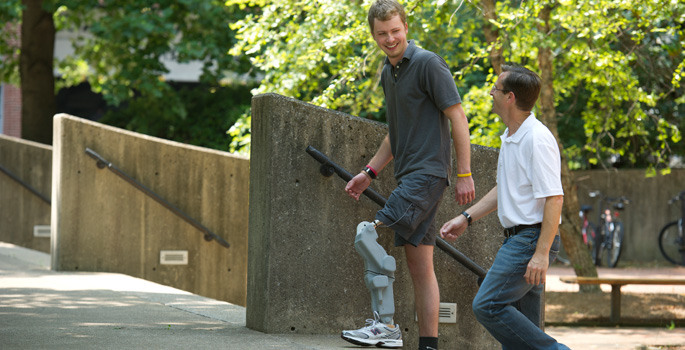
National Science Foundation: Bionic leg makes amputee faster on his feet
Two years after losing his leg in a shark attack, Craig Hutto became the test pilot for a unique and powerful new prosthetic leg being developed by mechanical engineer Michael Goldfarb and his team at Vanderbilt University. Read MoreJan 24, 2012
-

Human sex trafficking research leads to changes in Tenn. law
Two Peabody College graduate student researchers partnered with the Tennessee Bureau of Investigation to shine a light on the scourge of human sex trafficking, resulting in changes to Tennessee law. Read MoreJan 24, 2012
-

Studies shed new light on how nitric oxide is produced
The discovery of a previously unrecognized and pivotal role of enzyme ASL in nitric oxide production could potentially lead to new therapies for babies with pulmonary hypertension. Read MoreJan 20, 2012
-

Bias against Mormonism may not keep Romney out of White House
New Vanderbilt research shows that though the Republican base is generally biased against Mormonism, Mitt Romney’s religion would not hurt his chances among the GOP faithful as a presidential candidate in the general election. Read MoreJan 18, 2012
-

Discovery of the smallest exoplanets: The Barnard’s star connection
The smallest exoplanets yet discovered orbit a dwarf star almost identical to Barnard’s star, one of the Sun’s nearest neighbors. The similarity helped the astronomers calculate the size of the distant planets. Read MoreJan 11, 2012
-

Study applies random genotype sets to new disease
A new study in the American Journal of Human Genetics, led by Vanderbilt researchers Josh Denny, M.D., M.S., and Dana Crawford, Ph.D., takes random volumes of human genotypes and matches them with data siphoned from de-identified medical records and sheds new light on the genetic basis of the common… Read MoreJan 5, 2012
-

VUMC researchers reveal darker side of common cold
Human rhinovirus (HRV), also known as the common cold, can be uncommonly serious for certain children, a study led by a Vanderbilt University Medical Center pediatrician shows. The study, published in the Dec. 28, 2011 online issue of the journal Pediatrics, shows that not only can HRV lead to hospitalization… Read MoreJan 5, 2012
-

Negative ads may not be Gingrich’s problem
The conventional wisdom about Newt Gingrich's troubles at the Iowa caucuses may be mistaken, says John Geer of Vanderbilt University. Blaming a barrage of attack ads aimed at the former House speaker for his decline in the polls may be inaccurate, Geer believes. Read MoreJan 3, 2012
-
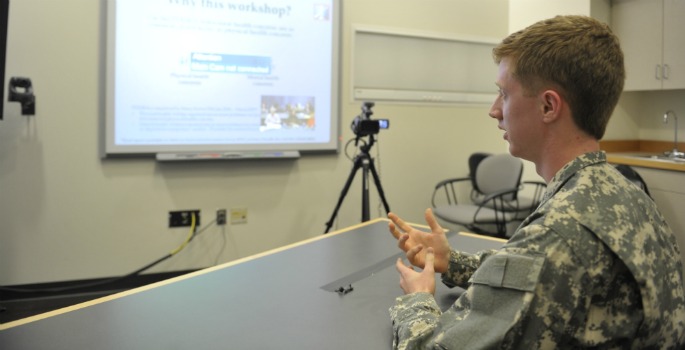
Training addresses returning service members’ mental health needs
A Vanderbilt-led workshop for military health care providers could lead to more post-deployment mental health referrals. Read MoreDec 21, 2011
-

Cholesterol-lowering drugs may reduce mortality for influenza patients
Statins, traditionally known as cholesterol-lowering drugs, may reduce mortality among patients hospitalized with influenza, according to a new study released online by The Journal of Infectious Diseases. Read MoreDec 19, 2011
-
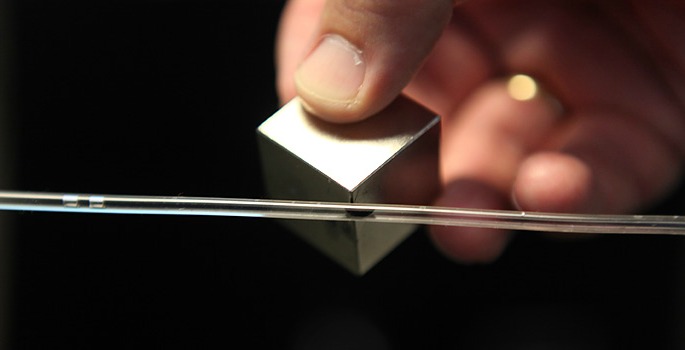
“Extractionator” could bring high-tech medical diagnostics to rural areas
The Bill and Melinda Gates Foundation has given them $1 million to three Vanderbilt scientists to develop a point-of-care sample collection and preparation product that could bring advanced medical diagnostic testing to the third world. Read MoreDec 16, 2011
-

Virus-linked cancer gets help from host
Host cell protein may be a target for strategies to limit spread of virus-induced squamous cell cancers. Read MoreDec 15, 2011
-

Offspring of childhood cancer survivors have no increased risk for birth defects
Children of childhood cancer survivors who were treated with radiation or some forms of do not have an increased risk for birth defects compared to children of cancer survivors who did not receive such treatments. Read MoreDec 15, 2011
-
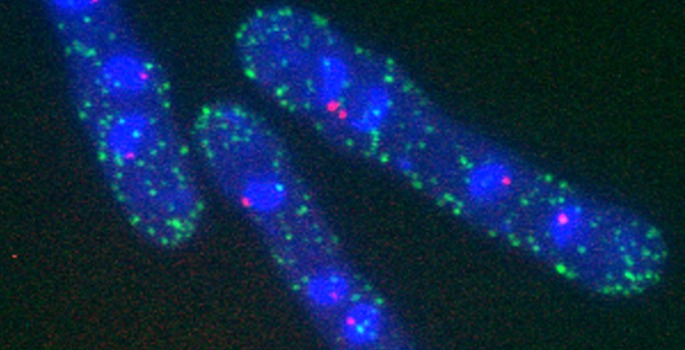
Vanderbilt sets record for number of new AAAS fellows
Fourteen Vanderbilt researchers have been elected fellows of the American Association for the Advancement of Science (AAAS). Read MoreDec 14, 2011
-

New method for enhancing thermal conductivity could cool computer chips, lasers and other devices
Vanderbilt engineers have discovered a surprising new way to increase a material’s thermal conductivity that provides a new tool for managing thermal effects in computers, lasers and a number of other powered devices. Read MoreDec 14, 2011
-

Something big from something small: The 10th anniversary of VINSE
Vanderbilt researchers working at the smallest scale celebrate a huge milestone this year. The Vanderbilt Institute of Nanoscale Science and Engineering (VINSE), seeded from a university-funded $16 million venture capital fund initiative, celebrates its 10th anniversary in December. Read MoreDec 13, 2011
-
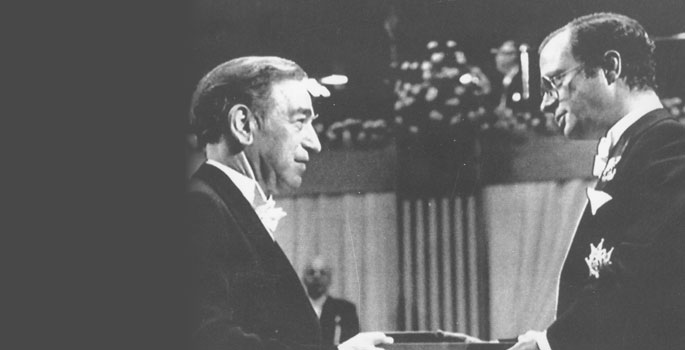
Stanley Cohen’s Nobel Prize: 25 years of progress
Twenty-five years after he received the Nobel Prize, Stanley Cohen’s discovery of epidermal growth factor continues to transform medicine. Read MoreDec 9, 2011
-

Higher education, federal government ‘intimately connected’
The federal government’s increasing involvement in higher education over the past 100 years has created an intimate relationship that was once virtually nonexistent. Read MoreDec 9, 2011
-

Parent-led discussion enhances children’s learning from television
Children learn more from television when parents interact with them similarly to book reading. Read MoreDec 7, 2011